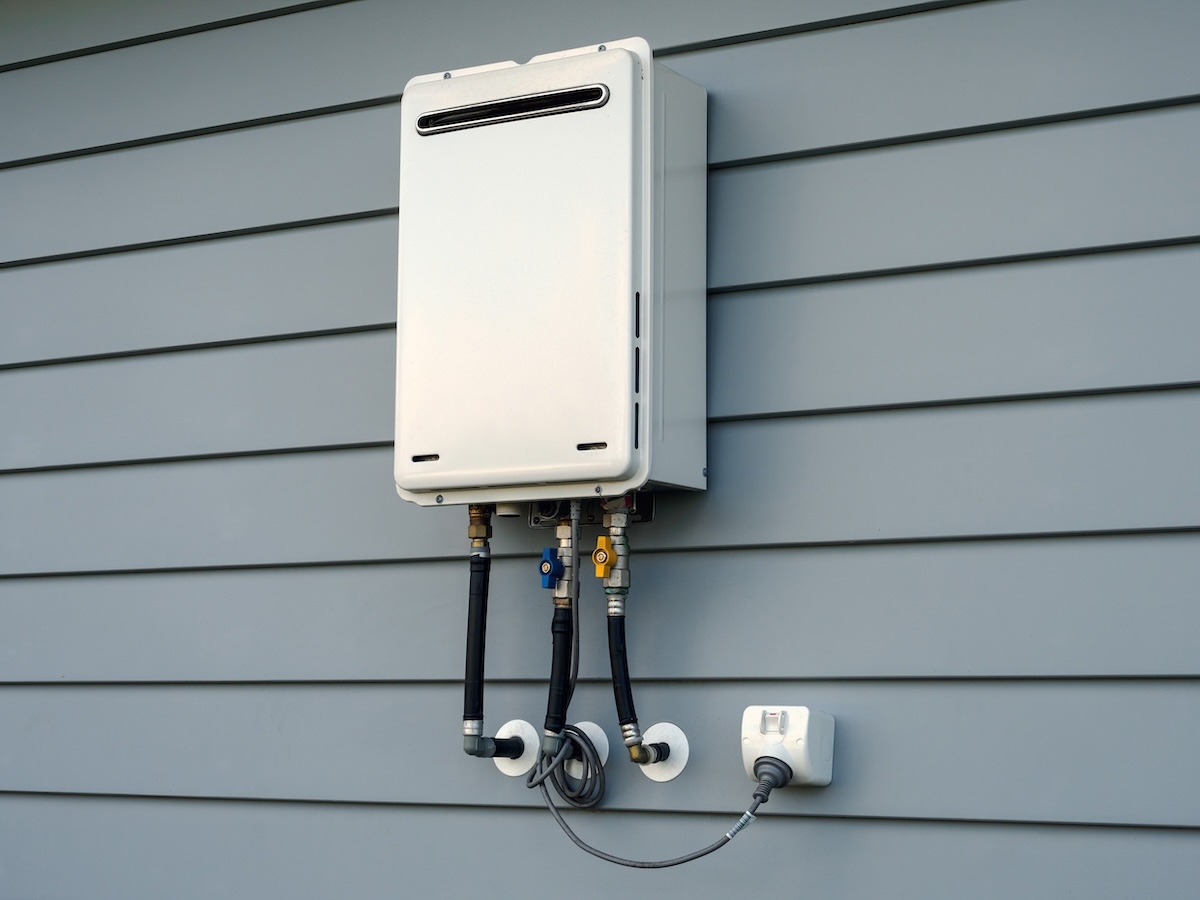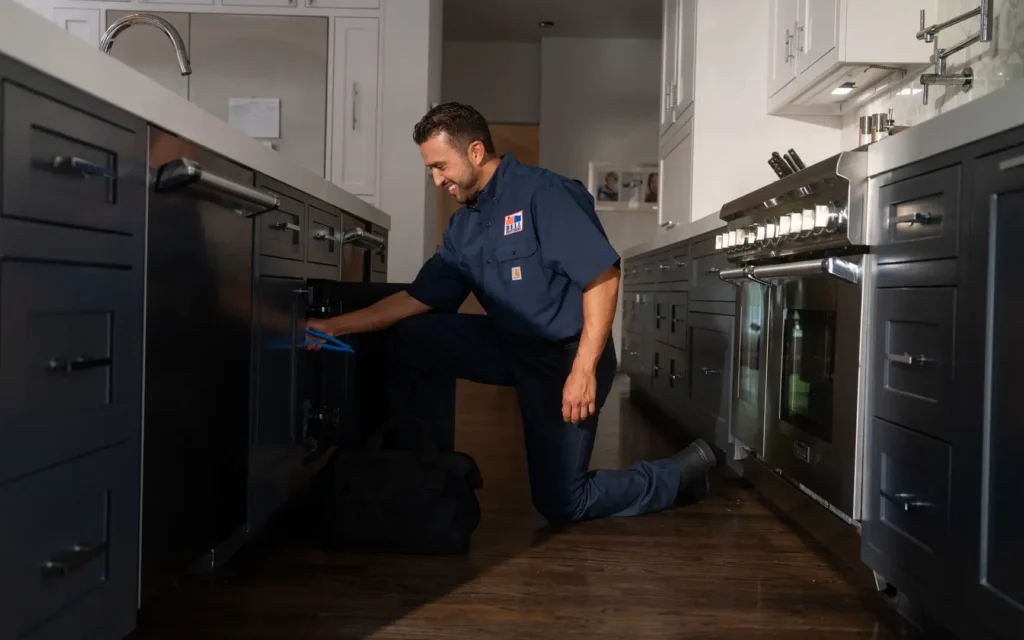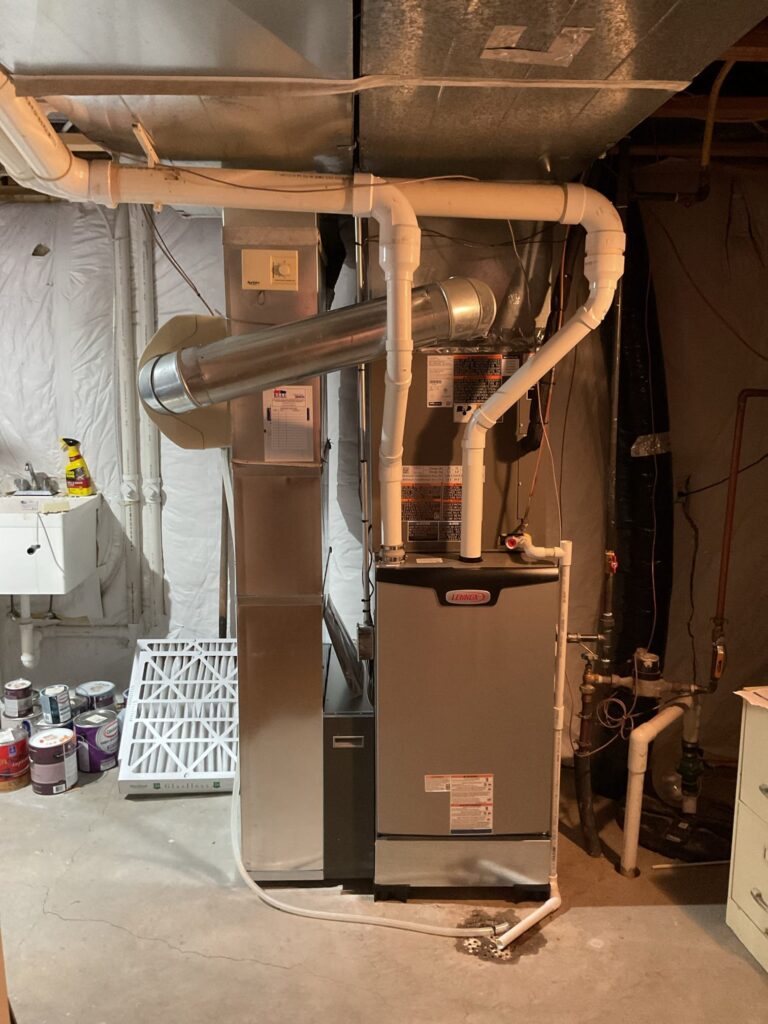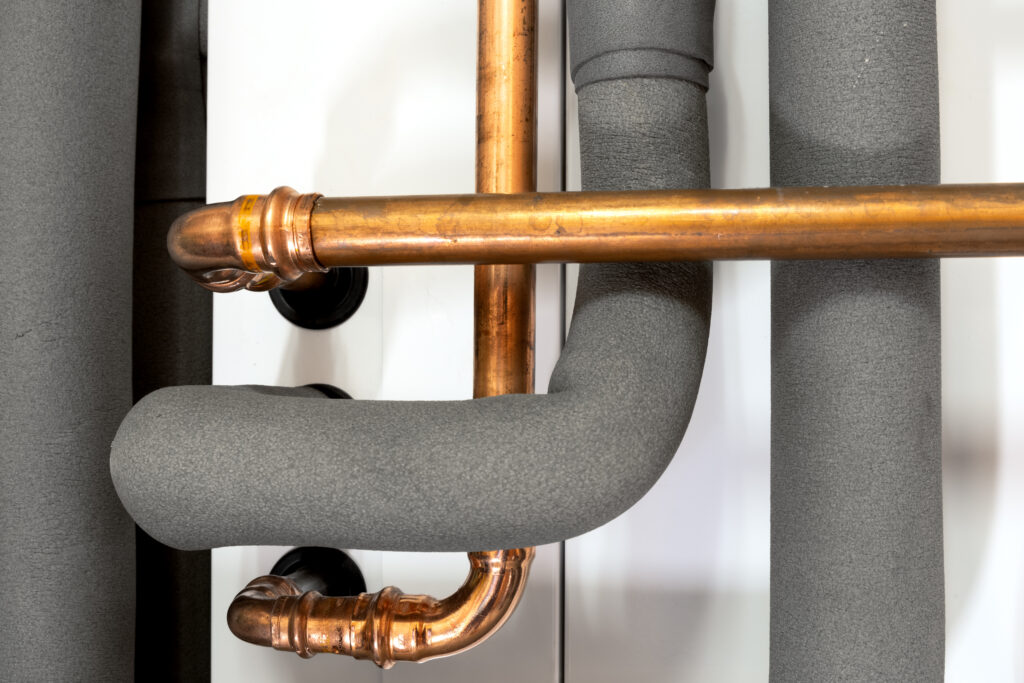

Blog
7 FAQs About Tankless Water Heater vs Tank

Hot water is an essential component in your home: it heats your shower as well as helping to remove grime from your dishes and stains from your family’s clothes. If your water heater isn’t performing as it should — making strange noises or not heating correctly — it may be time to consider a new tank or tankless water heater.
What’s the best option for your home? Each type of water heater functions differently to deliver the hot water you need throughout your household. Check out our list of frequently asked questions about tankless water heater vs tank.
What Are Tank Water Heaters?
Storage tank water heaters are the most common and have been used in homes for decades. Like the name says, water is stored in a large tank at the desired temperature, generally at 120 degrees, and is ready for use when needed. Most homes have a water heater with a 40- to 50-gallon tank. A contractor can help you determine the tank size required to meet your household hot water needs.
What Are Tankless (On-Demand) Water Heaters?
Tankless water heaters, also known as on-demand water heaters, are becoming more popular. Instead of storing gallons of water and keeping it at 120 degrees, it uses high-powered burners to heat the water in a heat exchanger, which is then delivered to your faucets or shower when turned on.
What Type of Fuel Do Tankless Water Heaters vs Tank Use?
Two fuel categories are used in tank and tankless water heaters: gas and electric.
Gas water heaters are powered by natural gas or propane and have many advantages. Depending on where you live and your utility rates, natural gas and propane costs are typically less than electricity costs, which can result in lower utility bills. In addition, during a power outage, gas water heaters will continue to operate and produce hot water. They also heat water faster than electric water heaters.
The main drawbacks are that they tend to have a higher upfront cost than electric models and are less energy-efficient, despite the lower operating costs.
Electric water heaters have a variety of benefits. They are 22% more energy-efficient and run cleaner than gas water heaters. In addition, there is a lower upfront cost, and your home doesn’t need to be connected to a gas line.
Some disadvantages of electric options: Electric water heaters can be more expensive depending on your utility rates since electricity is usually more expensive than natural gas. They are also slower to heat water and will not operate during a power outage.
How Much Do Tank and Tankless Water Heaters Cost?
A conventional tank water heater can range from $650 to $2,500, including installation and materials. In comparison, tankless water heater costs can start at $1,200 and go up to $3,500. However, the price will vary depending on the model specifications, tank size and the fuel used.
It can be a more involved process if you decide to install a tankless water heater after you’ve had a tank storage water heater. This process is called a retrofit, where the piping must be relocated and natural gas lines may need to be installed if you switch between fuel types. In some instances a larger gas meter may be needed to accommodate a tankless water heater.
As you determine which type of water heater to buy, it is important to not only look at the purchase price but also to take the installation, operating and maintenance costs into consideration. Knowing the total cost of ownership will help determine which system is the best investment for you.
What Is the Average Size of Tank vs Tankless Water Heaters?
Storage tanks can be five feet tall or taller and about two feet wide. If your water heater is in the basement, you might not mind the space it takes. However, if your home is space-restricted, it might be challenging to find enough space for the unit. Tankless water heaters are small and can be installed in tighter quarters, even on outside walls, saving floor space. They vary in size, but the average is approximately two feet tall and a little over a foot wide.
Calculate your household’s peak-hour hot water demand and use that to determine what size to purchase.
Which Water Heaters Are More Energy-Efficient?
According to the U.S. Department of Energy, tankless water heaters are 24% to 34% more efficient to run than storage water heaters for homes that use 41 gallons or less of hot water daily. They can be 8% to 14% more efficient for homes that use 86 gallons or more of hot water a day. While on-demand water heaters may cost more upfront initially, more homeowners are making the switch due to the energy savings.
Look for an energy-efficient water heater to maximize energy and operating cost savings. Bell Brothers works closely with homeowners to educate them on their options and help them purchase the most efficient and cost-effective water heater for their homes.
How Long Do Tank and Tankless Hot Water Heaters Last?
Tank hot water heaters on average last 10 to 15 years. Tankless water heaters last between 20 to 30 years. However, factors such as maintenance and water conditions affect expected life. Water heaters require regular maintenance to function correctly and extend their life. Bell Brothers offers its Comfort Club annual maintenance program, including an inspection of your water heater based on your level of membership.
Selecting a conventional tank or tankless water heater comes down to its efficiency, cost and size. If you can manage the higher initial cost of a tankless water heater, you’ll save more money over time. But, if you are on a fixed income, a conventional tank water heater might make more sense. A Bell Brothers home comfort specialist can help you determine what is best for you and your home.








